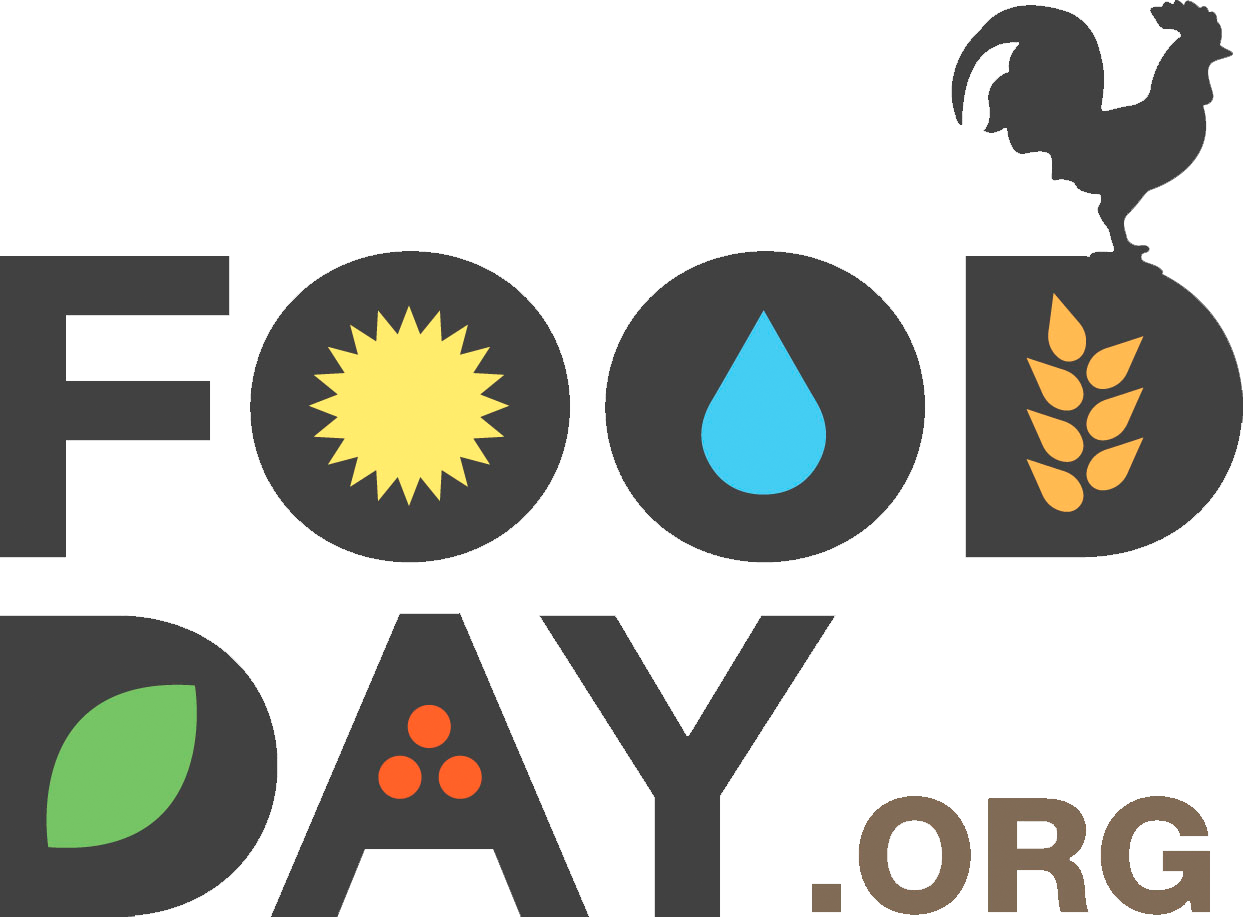Hospitals Celebrate Food Day by Serving Meat Raised Without Routine Antibiotics
270 Facilities Nationwide Commit to Protecting Antibiotics for Human Health
 [Reston, VA] – This week, 270 health care facilities across the country will celebrate Food Day by serving more than 235,000 meals that feature meat and poultry raised without the routine use of non-therapeutic antibiotics. Spearheaded by Health Care Without Harm, these hospitals are leading a growing, nationwide effort to protect antibiotics for human health by ending their overuse in animal agriculture.
[Reston, VA] – This week, 270 health care facilities across the country will celebrate Food Day by serving more than 235,000 meals that feature meat and poultry raised without the routine use of non-therapeutic antibiotics. Spearheaded by Health Care Without Harm, these hospitals are leading a growing, nationwide effort to protect antibiotics for human health by ending their overuse in animal agriculture.
Just as doctors are at the forefront of antibiotic stewardship within hospitals, the health care sector has a leading role to play in guiding the use of antibiotics on the farm. Up to 70% of all antibiotics sold in the United States go to healthy food animals to promote growth and compensate for unsanitary living conditions.
Experts from the Centers for Disease Control to the World Health Organization agree that this practice contributes to the superbug crisis in human medicine. Antibiotic resistant infections cost health care an estimated $20 billion and contribute to 23,000 deaths annually.
This year, participating hospitals will serve nearly twice the amount of meat and poultry raised without routine antibiotics compared to Food Day last year, serving 31,200 pounds of poultry, 15,600 pounds of beef, and 11,600 pounds of pork. Hospitals are increasingly concerned about the overuse of antibiotics in animal agriculture because it reinforces a broadly unsustainable food system that threatens public health.
“Over the past year, we have seen a national shift in the way we approach antibiotics in animal agriculture,” said Gary Cohen, Health Care Without Harm’s founder and president. “Just last week, California became the first state to enact legislation that prohibits the routine use of medically important antibiotics in animal agriculture.”
“Health care is joining the chorus of voices calling for a transformation in the way we raise animals for meat consumption in this country and building the purchasing demand for meat produced without the use of medically important antibiotics. Hospitals are waking up to the fact that their meat purchasing practices are directly related to preserving antibiotics as an important weapon against infection in clinical care."
Hospitals across the United States, such as Dartmouth-Hitchcock Medical Center in New Hampshire, recognize the importance of this critical public health issue and are taking major steps to address it within their own facilities.
“Last year on Food Day, we served an antibiotic-free hamburger, which was the first product without routine antibiotics that we brought on,” said Deborah Keane, Dartmouth-Hitchcock’s Director of Food and Nutrition Services. “We’re now buying pork, four chicken products, and turkey – all raised without routine antibiotics. We’re doing this because we want to help educate our patients on what is healthy, how to eat healthy while at work, and how to purchase similar foods for their home and family.”
Many hospitals participating in Food Day already include meat raised without routine antibiotics in patient meals and cafeterias offerings. If amplified over the course of a year, the commitments made on Food Day would represent more than 90 million meals served with more sustainably raised meat and poultry.
“In order to solve the growing antibiotic resistance crisis in medicine we need to change the way we approach animal agriculture,” said Mr. Cohen. “Hospitals nationwide can lead this transformation by using their purchasing power to serve healthier food to their patients and employees as well as drive policy changes that create healthy, sustainable practices in the communities they serve.”
Health Care Without Harm coordinates a national network of more than 1,000 hospitals. Every day, these hospitals use their purchasing power to build a more sustainable food system. Food Day is an opportunity for them to come together and demonstrate that commitment to patients, visitors and staff. Health Care Without Harm also brings the voices of health experts to public policy debates on food and agriculture to create a healthier food system for eaters, communities, and the ecosystems on which we all depend.
For more information, visit www.healthyfoodinhealthcare.org.
About Health Care Without Harm
Health Care Without Harm works to transform the health sector worldwide, without compromising patient safety or care, so that it becomes ecologically sustainable and a leading advocate for environmental health and justice.
About Food Day
Food Day inspires Americans to change their diets and our food policies. Every October 24, thousands of events all around the country bring Americans together to celebrate and enjoy real food and to push for improved food policies.
About the Calculations
Participating hospitals provided the estimated number of pounds of meat and poultry raised without non-therapeutic antibiotics to be served in cafeterias and/or patient meals on Food Day (October 24), as well as their total cost. The total number of meals was estimated using the standard meat protein serving size reported in hospitals of 4oz (raw) / 3oz (cooked). This serving is also in line with USDA My Plate Dietary Guidelines for Americans 2010 recommendations to consume less than an average of 5.5oz of meat equivalent daily for individuals over 9 years of age.
For more information, contact Benn Grover, Director of Communications
###
